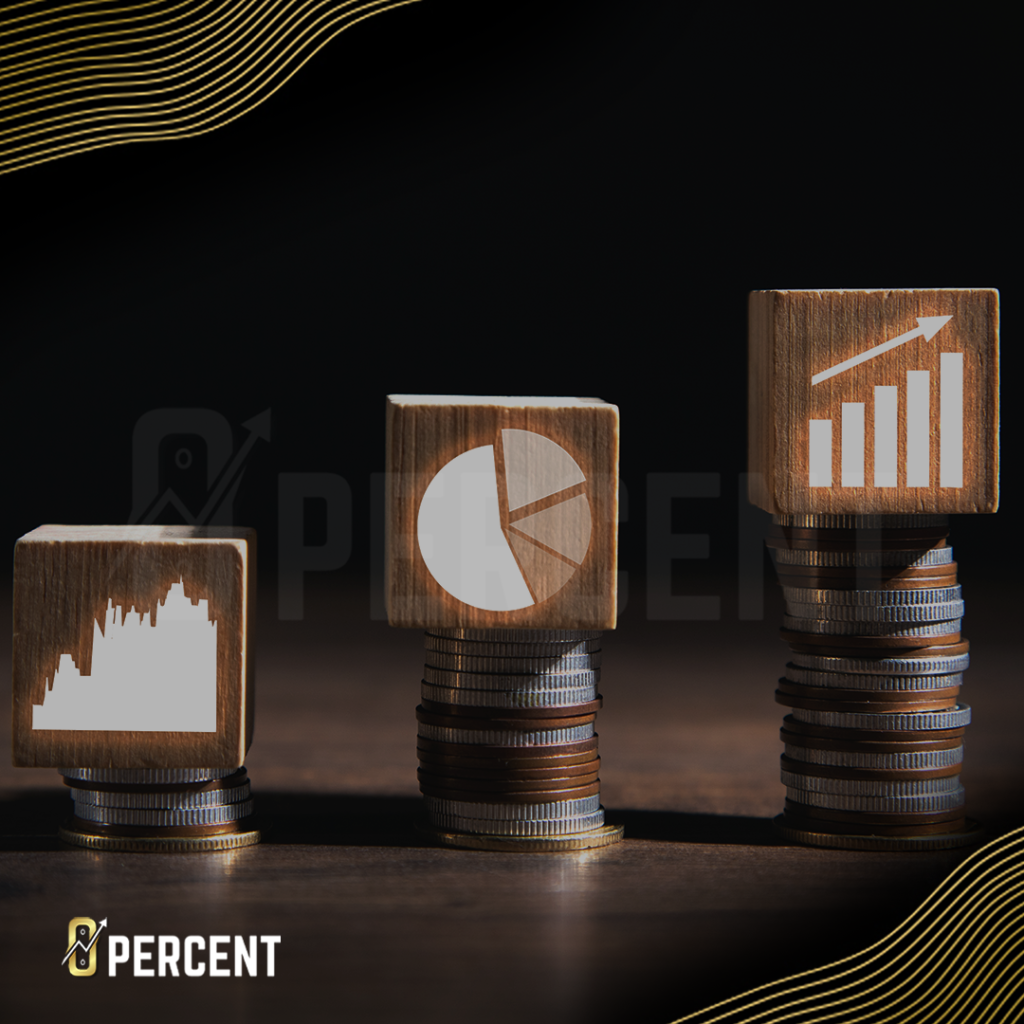
Jeff Sekinger
Jeff Sekinger Founder & CEO, 0 Percent Who is Jeff Sekinger? Visionary Trailblazer Sekinger has been in the financial industry for over a decade. Starting
Capital gains refer to the profit incurred from the sale of an asset, whether it be real estate, mutual funds, stocks, bonds, and the like. When an asset is sold greater than its purchase price, the difference is known as the capital gain.
Capital gains are a key component of investing, as they allow investors to earn profitable returns on their investments. However, capital gains are subject to taxation, which can significantly hamper overall returns.

How Are Capital Gains Calculated?
Calculating capital gains seems relatively straightforward at first, but there are some caveats. To calculate the initial capital gain rate, simply subtract the purchase price of the asset from the sale price. For example, if you bought a property for $100,000 and sold it for $150,000 your capital gain would be $50,000. However, there may be several other factors to consider when calculating capital gains.
First, if you received any dividends or other income from the investment, this will reduce the capital gain. Second, if you held the asset for more than one year, you may be eligible for a lower tax rate on the capital gain, known as the long-term capital gains rate.
How Are Capital Gains Taxed?
As mentioned, short- and long-term capital gains are taxed differently. Short-term capital gains are taxed at the same rate as your ordinary income, which can be high depending on your tax bracket. Long-term capital gains, on the other hand, are taxed at a lower rate, ranging from 0% to 20%, depending on your income level.
Strategies for Mitigating Capital Gains Taxes
There are several strategies for minimizing the impact of capital gains taxes. If you hold an asset for more than one year before selling it, you may be eligible for the lower long-term capital gains rate. Additionally, if you donate appreciated assets to charity, you can avoid paying capital gains taxes on the appreciation.
Conclusion
Anytime you make a profit on an asset, the possibility of capital gains will come into the equation. By understanding how capital gains are calculated and taxed, investors can make more informed decisions about their investments and minimize the impact of capital gains taxes on their overall returns.
It is important to note that this article provides general information and should not be considered tax or investment advice. Investors should consult with a tax professional and financial advisor to determine the best course of action for their specific situation.

Jeff Sekinger Founder & CEO, 0 Percent Who is Jeff Sekinger? Visionary Trailblazer Sekinger has been in the financial industry for over a decade. Starting
Sign up to receive news & updates!
Sign up to receive news & updates!